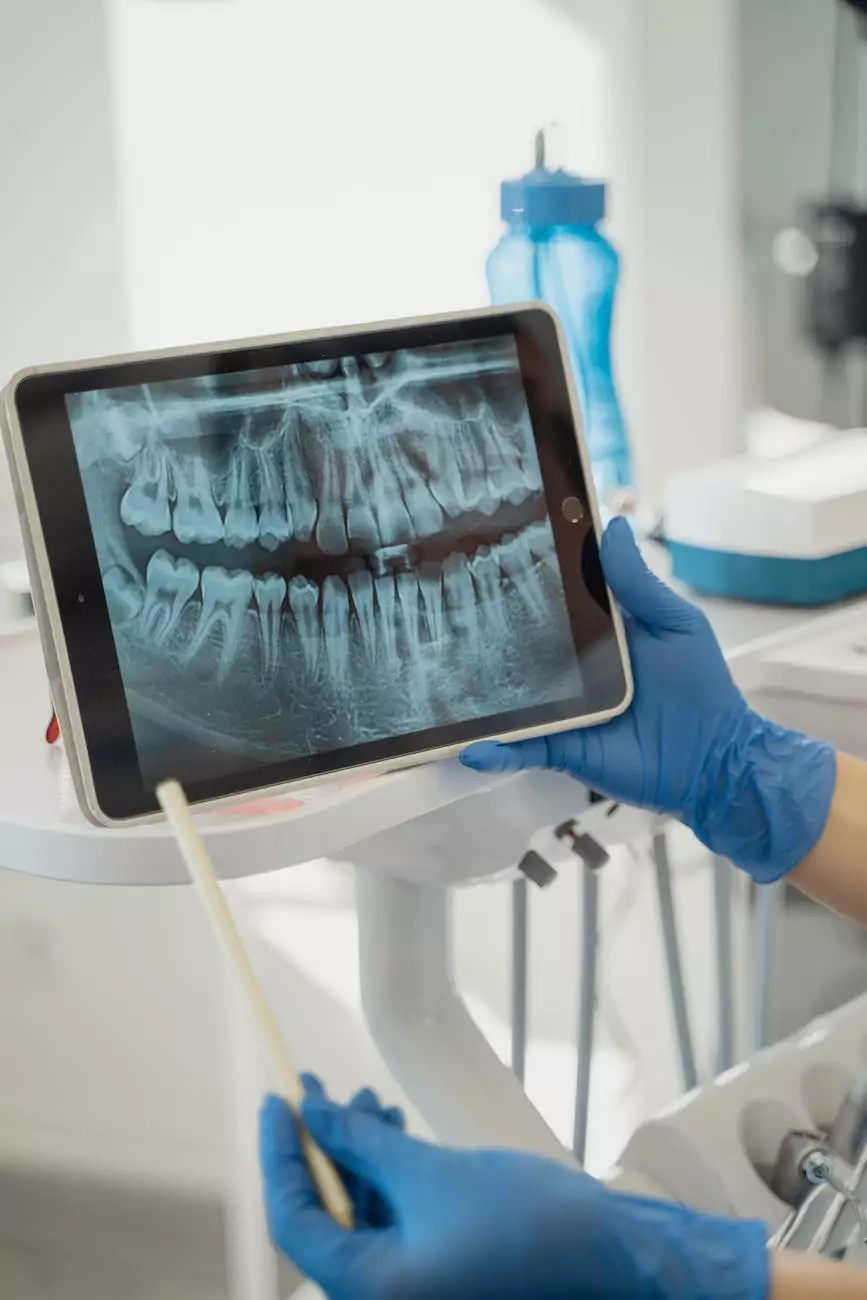Menopause and Depression • Oakville • Naturopath
Naturopathic Medicine
The Menopause-Depression Connection
Menopause, a natural transition in a woman's life, can bring about a range of physical and emotional changes. While hot flashes, night sweats, and hormonal fluctuations are commonly associated with menopause, it's important to address the potential impact on mental health as well.
One of the most prevalent mental health concerns during menopause is depression. The hormonal shifts and imbalances experienced during this phase can significantly contribute to feelings of sadness, anxiety, and mood swings.
Understanding Menopause-Related Depression
Menopause-related depression can manifest in various ways, affecting each woman differently. Some common symptoms include:
- Feelings of sadness or hopelessness
- Loss of interest in previously enjoyed activities
- Irritability and mood swings
- Difficulty concentrating and making decisions
- Changes in appetite and sleep patterns
- Decreased energy and motivation
It's crucial to recognize that menopause-related depression is not a personal failing or weakness, but a legitimate health concern that can be effectively managed with the right approach.
The Role of Naturopathy in Managing Menopause-Related Depression
At Rochester Holistic Center in Oakville, our experienced naturopaths offer personalized approaches to help women navigate the challenges of menopause, including depression. We believe in addressing the root causes of symptoms and promoting overall well-being, utilizing natural therapies and evidence-based practices.
1. Hormonal Balance
Hormonal imbalances play a significant role in menopause-related depression. Our naturopaths focus on restoring hormonal balance through targeted interventions, such as herbal remedies, dietary adjustments, and lifestyle modifications.
2. Nutritional Support
Proper nutrition is essential for overall health and can have a profound impact on mental well-being. Our team provides personalized nutritional guidance, ensuring optimal intake of mood-boosting nutrients and specific dietary recommendations to alleviate menopause-related depression symptoms.
3. Stress Management
Stress can exacerbate depression symptoms during menopause. Our naturopaths equip patients with effective stress management techniques, including mindfulness practices, relaxation exercises, and individualized coping strategies.
4. Herbal Medicine and Supplements
Through the use of carefully selected herbal medicines and supplements, our naturopaths can support the body's natural healing process and alleviate menopause-related depression symptoms. These natural remedies work synergistically with the body to promote emotional balance and overall well-being.
5. Lifestyle Adjustments
Our holistic approach also emphasizes the importance of lifestyle adjustments to support women experiencing menopause-related depression. This may include recommendations for regular exercise, improved sleep hygiene, and the incorporation of stress-reducing activities into daily routines.
Experience a Holistic Approach to Menopause-Related Depression
At Rochester Holistic Center in Oakville, we understand the unique challenges women face during menopause, particularly when dealing with depression. Our naturopaths are dedicated to providing compassionate care and empowering women to regain control over their mental and emotional well-being.
Contact Rochester Holistic Center today to schedule a consultation and embark on your journey towards natural, holistic healing during menopause.









